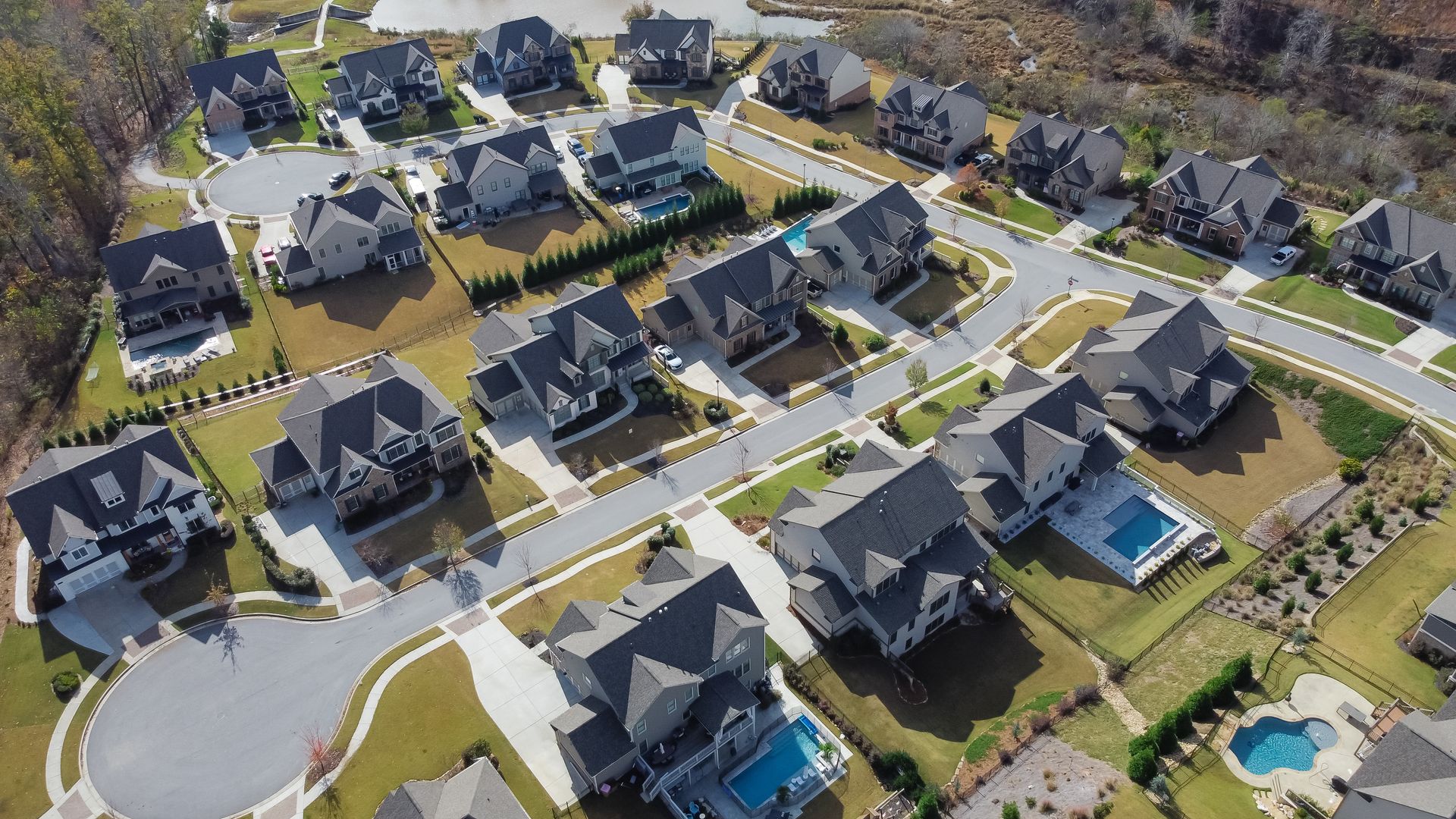No Clear Direction on Louisiana Tax Policy
LOUISIANA REALTORS • May 10, 2017
No clear direction on Louisiana tax policy as Legislature reaches halfway point
Nola.com
The Louisiana Legislature's 2017 regular session reaches its midpoint Tuesday (May 9) with no clear direction on how lawmakers will rewrite the state's tax laws, if they can reach agreement at all. Some signs of progress emerged Monday as the House tax committee started advancing proposals for consideration, but without any promise that lawmakers on the committee would support the ideas on the House floor.
Out of more than 900 bills filed for the session, none has reached the governor's desk. Portions of Gov. John Bel Edwards' legislative agenda have run into significant opposition, with his main tax bill already jettisoned.
The two-month session must end by June 8. Here's where things stand:
Tax overhaul
Edwards said a tax overhaul is needed to stabilize Louisiana's finances, end years of budget shortfalls and compensate for the expiration of $1.3 billion in temporary taxes in mid-2018. But the Democratic governor's main revenue-raising proposal, to charge a new tax on businesses' gross receipts, failed to gain any traction, and he's since shelved the idea.
Awaiting debate on the Senate floor are measures that would lessen tax breaks. But with most tax bills required to start in the House, senators have only modest work they can do.
House Republican leaders have yet to rally around a specific package of bills. On Monday, the House Ways and Means Committee started advancing measures to change laws governing corporate taxes, individual income taxes and various tax break programs. The panel didn't vote on concepts but simply forwarded them to the full House for consideration while negotiations continue behind the scenes.
State budget
Although House GOP leaders haven't embraced a specific plan for tax policy, they have adopted their approach to next year's more than $29 billion state operating budget. They propose to spend 2.5 percent less than the full forecast of what Louisiana is expected to collect in general state tax dollars, to hedge against concerns the forecast could come up short and force midyear cuts.
House Democrats and Edwards say leaving $235 million on the table could force damaging and unnecessary cuts across government in the fiscal year that begins July 1. Republicans say the Edwards administration is using scare tactics.
Almost all Democrats opposed the budget proposal approved by the House last week. Negotiations shifted to the Senate on Monday.
Governor's agenda
Beyond taxes, other Edwards-backed proposals appear to be in trouble. An effort to raise Louisiana's minimum wage hasn't yet received a hearing, and the governor's push for new equal pay laws in Louisiana hit a roadblock in the House labor committee, which killed one of his proposals. The full Senate will debate a second measure requiring private businesses to pay the same wages to men and women who perform the same work. But if it advances out of the Senate, it will head to the House labor committee.
Proposals to rewrite Louisiana's criminal sentencing laws, the goal being to lessen Louisiana's tops-in-the-U.S. incarceration rate, are advancing. But some already have been watered down amid resistance from district attorneys, and more revisions are expected.
Contentious debates
Besides financial haggling, lawmakers have embarked on other contentious debates:
· The House will debate a measure aimed at protecting Confederate monuments by requiring voter approval before they could be removed from public property
· The Senate will consider whether to ban use of the death penalty in Louisiana.
Some bills already have been shelved:
· The House voted down a bill to shorten the wait for a divorce when the married couple has children younger than 18.
· A House committee rejected a proposal to restore the voting rights of convicted felons on probation or parole
· Senators refused to require TOPS students to live in the state for several years or reimburse Louisiana for part of their tuition costs

From the Louisiana Department of Insurance: Insurance Commissioner Tim Temple announced today that the Louisiana Department of Insurance (LDI) continues its work to develop a regulation creating benchmark discounts for Fortified roofs in Louisiana. The LDI is working with the National Association of Insurance Commissioners (NAIC) to develop the benchmark discounts using Louisiana-specific data, hurricane modeling and actuarial considerations. “With over 11,000 Fortified roofs in Louisiana and two years-worth of insurer experience with rating for those roofs in our state, now is an appropriate time for the LDI to establish benchmark discounts for homeowners insurance companies operating in our market,” said Commissioner Temple. “These benchmarks are being thoughtfully developed to help consumers receive the discounts they deserve for fortifying their homes while making sure insurers know the benchmarks reflect how much Fortified roofs actually mitigate their exposure to risk across Louisiana.” Like in Alabama’s Fortified benchmark discount structure, the LDI regulation would require Louisiana insurance companies to either meet the minimum benchmark discount established by the LDI or provide actuarial justification for why the company’s discount does not meet the benchmark. Louisiana is the fastest growing state for Fortified roofs in America. To date, over 11,000 Fortified roofs have been installed in Louisiana, including over 4,100 through the Louisiana Fortify Homes Program.




